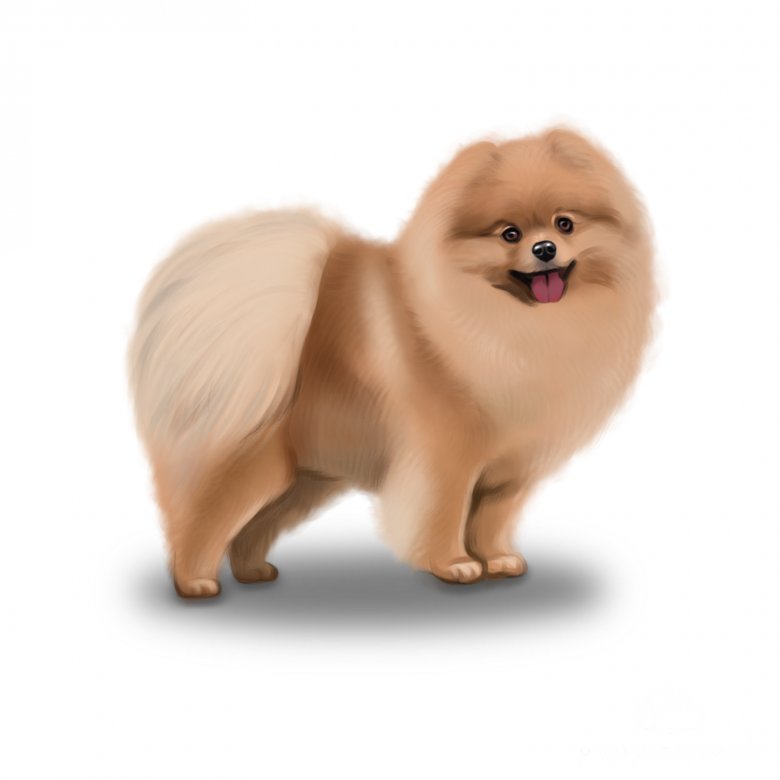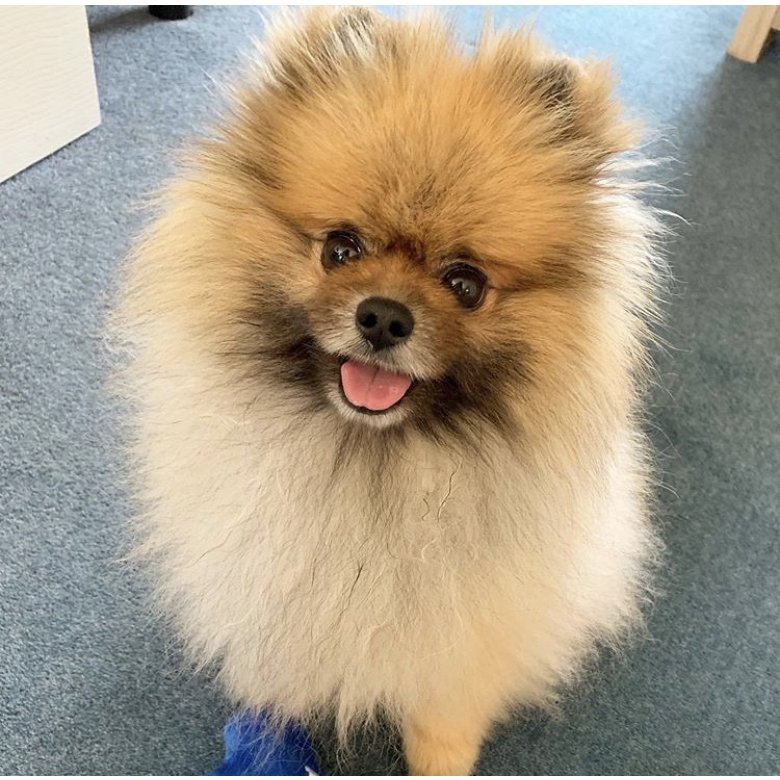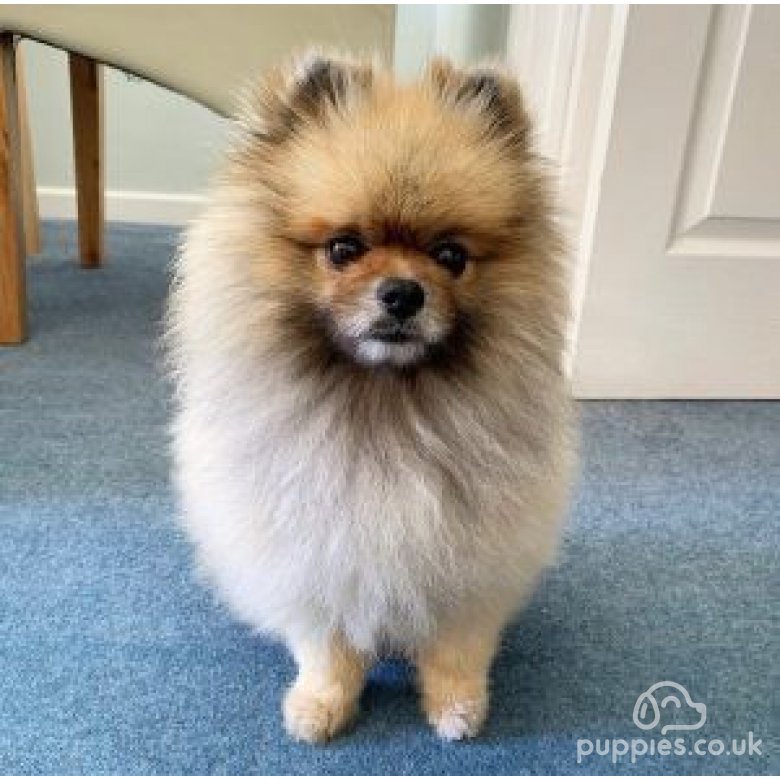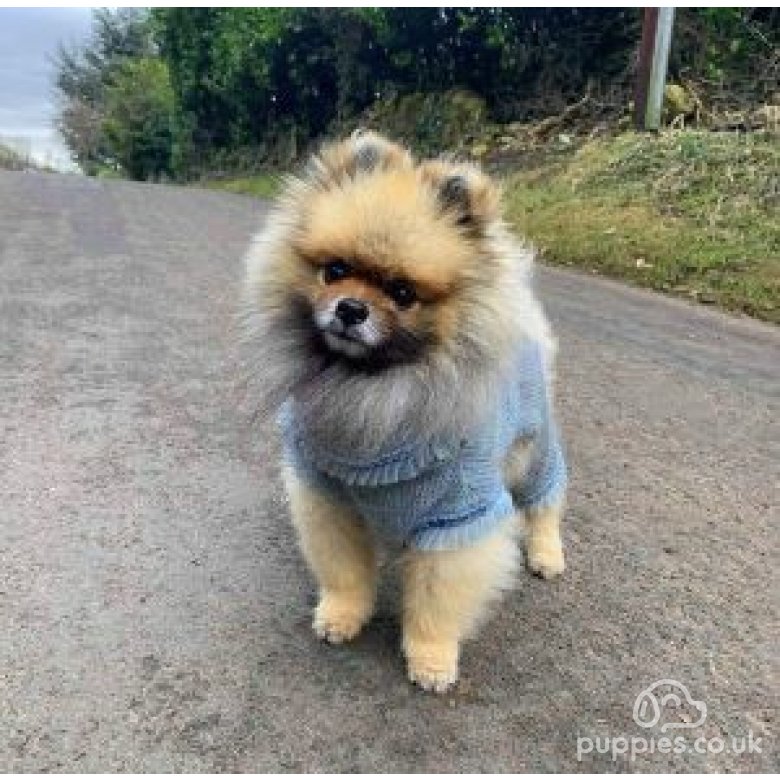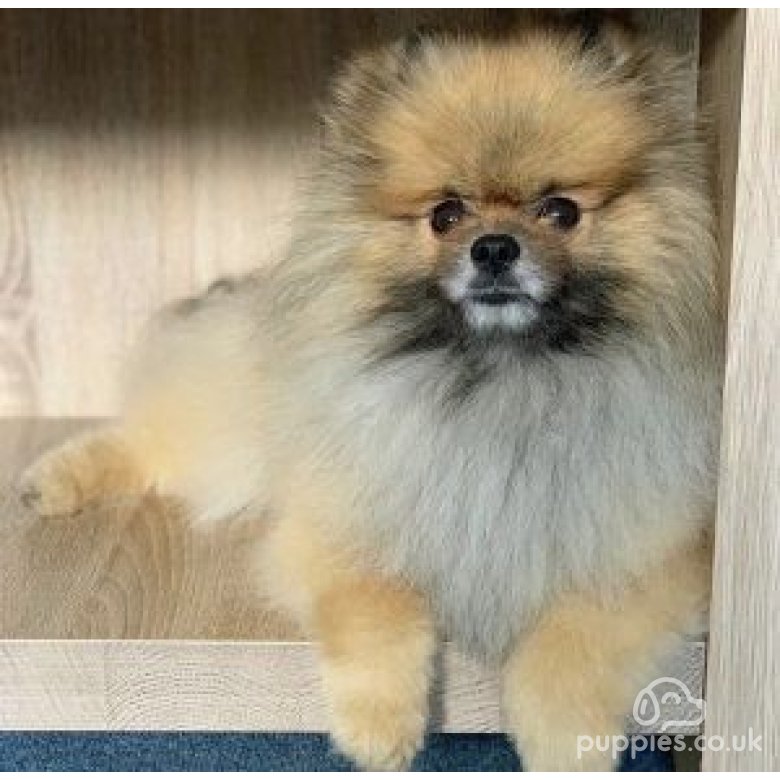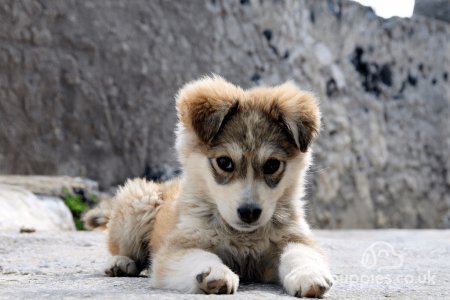Why Pomeranians are great
Small dogs with huge personalities, Pomeranians make entertaining and loving companions. Their foxlike features give them a distinctive appearance where they often seem to be smiling, and their extroverted, feisty nature means you will never be bored. Loyal, intelligent and eager to please, these tiny dogs are happiest when they are by your side. Some highlights:
With their beautiful, thick coats and distinctive features, Pomeranians are one of the most beautiful miniature breeds.
Their affectionate nature makes them excellent companion dogs.
With their compact size, these adaptable dogs would be equally happy in an apartment or a larger house.
Pomeranians don’t have huge exercise needs - only around 30 minutes a day.
Things to consider when looking at Pomeranians for Sale
Although on the whole the Pomeranian is a lovely breed, as with all dogs there are some important facts to consider for prospective buyers. Some downsides to the Pomeranian:
Since Pomeranians have a tendency to bond very strongly with one person, they do not fit naturally into a family environment.
If not properly socialised, Pomeranians can develop a tendency to bark.
With their long fur, this breed is high maintenance to groom.
This breed is highly intelligent, which means they need lots of training and mental stimulation to remain well-behaved. If you’re not careful, they will learn to outfox you!
History of Pomeranians
Believe it or not, this tiny breed are originally descended from the German Spitz, a much larger sled dog. Their name originates from the land between Poland and Germany where they are believed to have been originally bred, which was called Pomerania. The exact breeds which were used to create Pomeranians are still unknown, but there are records of their popularity in Europe by Queen Victoria’s reign, and are known to have been amongst the Queen’s favourite dogs - she even established a breeding kennel for them. In 1912, two Pomeranians survived the sinking of the Titanic, escaping in lifeboats with their owners.
Appearance
With their lustrous coats, smiling features and inquisitive eyes, this attractive breed are sure to charm anyone they meet. They have short necks, small, upright ears, and compact bodies which give them a ‘barrel’-like appearance. They have a double coat, making them extra fluffy, and attractive feathering on their forequarters, thighs and back legs.
How big is the Pomeranian?
A typical Pomeranian will measure between 13 and 28cm.
How heavy is a Pomeranian?
A male Pomeranian should weigh between 1.8 and 2kg, and a female between 2 and 2.5kg.
What Colour is the Pomeranian?
Pomeranians come in a large variety of colour combinations, including: black and tan, cream sable, orange and white, red sable, sable and white, shaded sable and wolf sable (among many others). Variations of the breed with cream coats will have black noses and black eye rims. For a comprehensive list of acceptable colour combinations, check the Kennel Club website.
Temperament
Do Pomeranians make good guard dogs?
Pomeranians make excellent guard dogs, as they naturally tend to distrust strangers, and will bark when someone approaches the door.
Do Pomeranians bark a lot?
Often referred to as a ‘yappy’ breed, these vocal dogs can have trouble knowing when to stop sounding off. They should be trained early on to stop barking on command, or this may become a recurring issue.
Are Pomeranians easy to train?
With their high intelligence, Pomeranians can learn both good and bad habits very quickly. This means that they need owners who are willing to anticipate their misbehaviour and apply constant discipline, as if Pomeranians are allowed to take liberties they may quickly become unmanageable.
Are Pomeranians playful?
Pomeranians are incredibly playful, spirited dogs. They love to be the centre of attention, and are always happy to entertain their owners. Even into their later years, this joyful breed will retain many of their puppy-like characteristics.
Are Pomeranians good with children?
Due to their compact size, Pomeranians are not suitable for households with young children, as they may be accidentally injured. As mentioned, they bond strongly with one person, and are not naturally trusting. This can mean that they have a tendency to be overprotective and snappy, so they may not be the best choice for family environments. When properly trained and socialised, however, a Pomeranian can usually be trusted to be well-behaved around children, although all interactions (especially around meal times) should be supervised.
Are Pomeranians good with other pets?
Although they are not very tolerant of small animals, Pomeranians will more than likely get along fine with other pets such as cats and dogs, especially if they have been raised with them. However, prospective owners should be aware that Pomeranians are a protective breed, and will go to lengths to defend their owners. This can sometimes make them aggressive around dogs they haven’t met. This part of their nature may put a Pomeranian in danger, as they are unaware of their small size and will fearlessly square up to dogs much larger than themselves. Owners should make sure to properly socialise their Pomeranians, and to protect them from larger dogs.
Can I leave a Pomeranian Alone?
Pomeranians are very loyal and needy dogs, who would be perfect for older owners in need of a companion. They are likely to develop separation anxiety and behavioural issues if left alone for long periods of time.
Health
Pomeranians are on the whole a healthy, sturdy breed, but as with most breeds there are some potential health issues which should be considered by potential buyers.
How long do Pomeranians live?
Pomeranians have a long life span, typically living for between 12 and 16 years.
How much exercise does a Pomeranian need?
As mentioned, these little dogs do not need a huge amount of exercise, and will be happy and healthy with around 30 minutes a day.
What are Pomeranians Common health issues?
Most Pomeranians should live a long, healthy life, especially if you make sure to check with the breeder that the dog has the required health clearances. However, they can be prone to certain conditions, including allergies, epilepsy, eye problems, hip dyplasia, patellar luxation, collapsed trachea and dental problems. Make sure to take your Pomeranian to the vet if you spot signs of any health issues, and they will give you a proper diagnosis.
Care
How much space do I need for a Pomeranian?
Pomeranians are adaptable dogs. They will love running around in a large garden, but also enjoy quiet time sitting near their owner. As long as they have some exercise every day, this breed will happily live in a smaller apartment.
What should I feed my Pomeranian?
The recommended amount of food per day is between 1/4 and 1/2 a cup of dry food, divided into two separate meals.
How much grooming do Pomeranians need?
With their thick and glossy double coat, Pomeranians are high maintenance on the grooming front. They should be brushed twice weekly to avoid shedding, and taken to professional groomers. They are also prone to dental problems, so dental care should be incorporated into their grooming routine. It is recommended to brush their teeth at least once a week.
Do Pomeranians shed?
Despite the length of their coat, Pomeranians only shed moderately.
Average costs
How much does it cost to keep a Pomeranian?
As a rough guide in pricing: Cost to buy: between £700 and £2500 for a well-bred Pomeranian puppy Other costs (Vet, Food etc): £20-£30 per month for food, £20-30 per month for insurance.
Specific Buying Guide
You can read our general buying guide here (/advice-on-buying-a-puppy/), with the most important thing being going to view your Pomeranian Puppy, seeing it with its mother, and checking the quality of the breeder. More specifically, here is some Pomeranian puppy buying advice:
The Kennel Club has strict regulations regarding the size of Pomeranian puppies, so prospective owners should be careful if offered a Pomeranian puppy which seems smaller than usual, as the dog may later develop health issues from irresponsible breeding.
Other reading, Adopting Pomeranian Puppies and Rescue Organisations
A big thank you to the following sources who helped to shape this article: https://www.thekennelclub.org.uk/services/public/breed/display.aspx?id=6163 https://www.akc.org/dog-breeds/pomeranian/ https://www.dogstrust.org.uk/rehoming/dogs/filters/~304~~~~n~ https://pomeranian.org/ https://www.pomeraniansforlife.co.uk/











